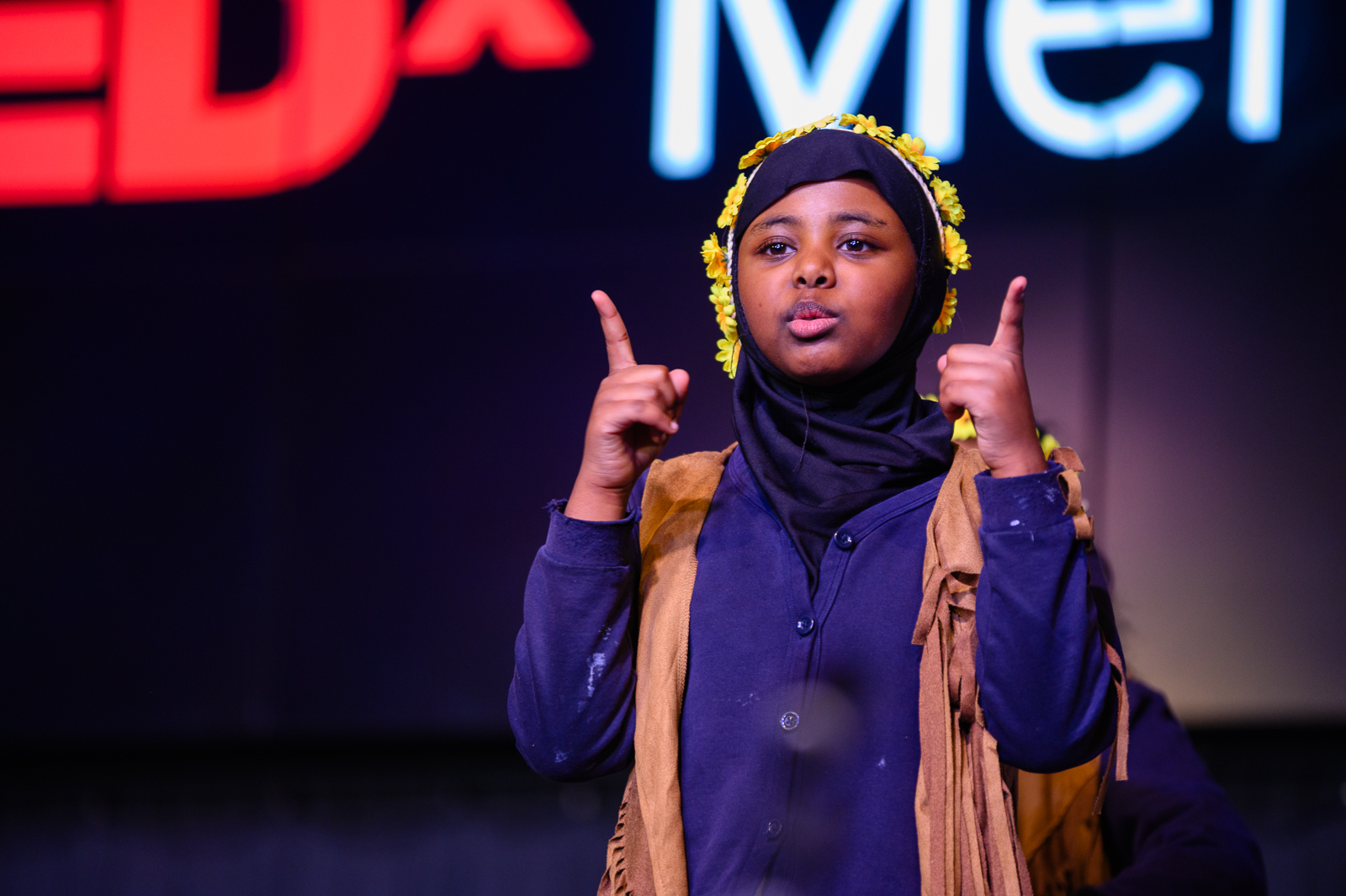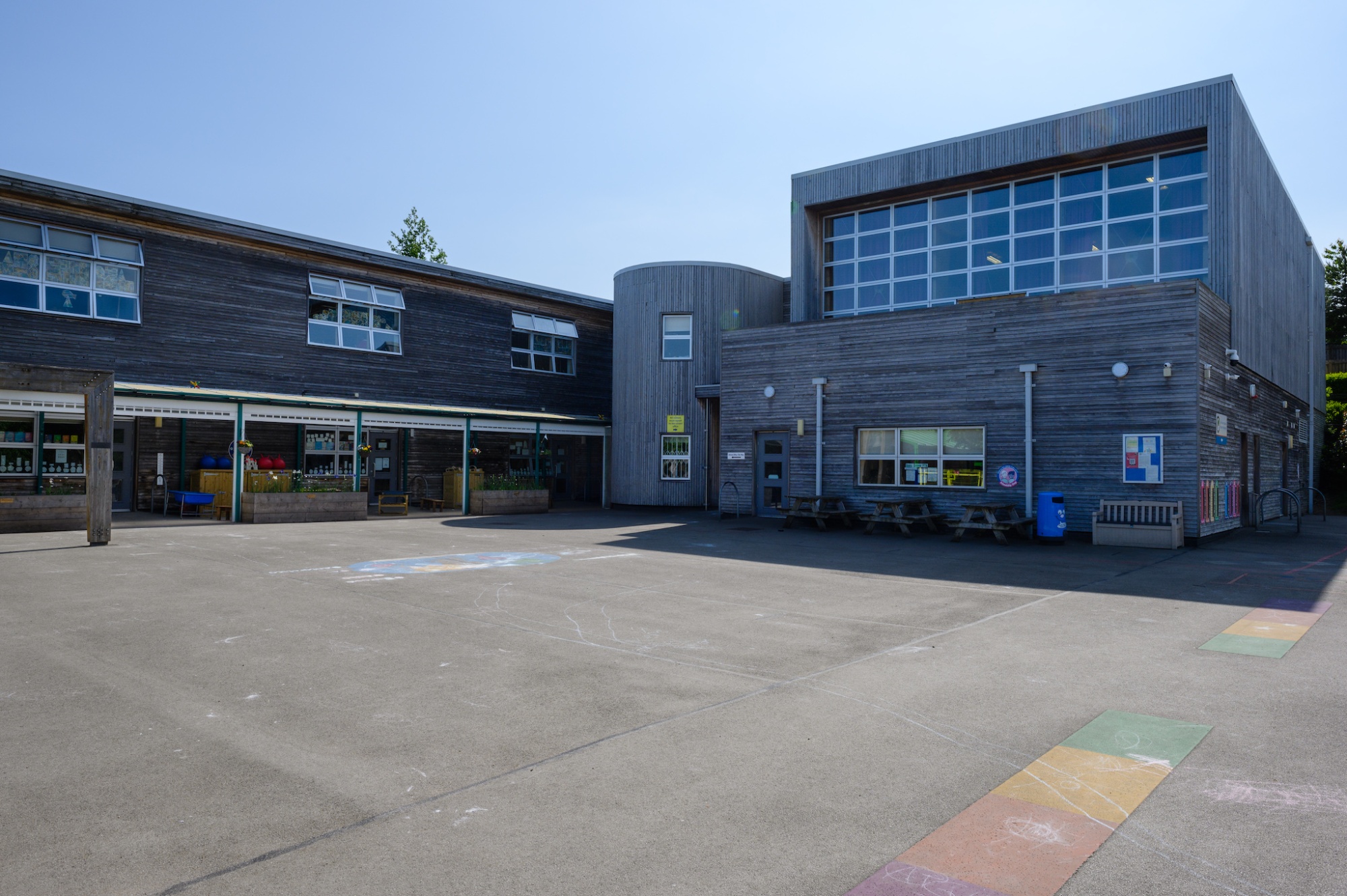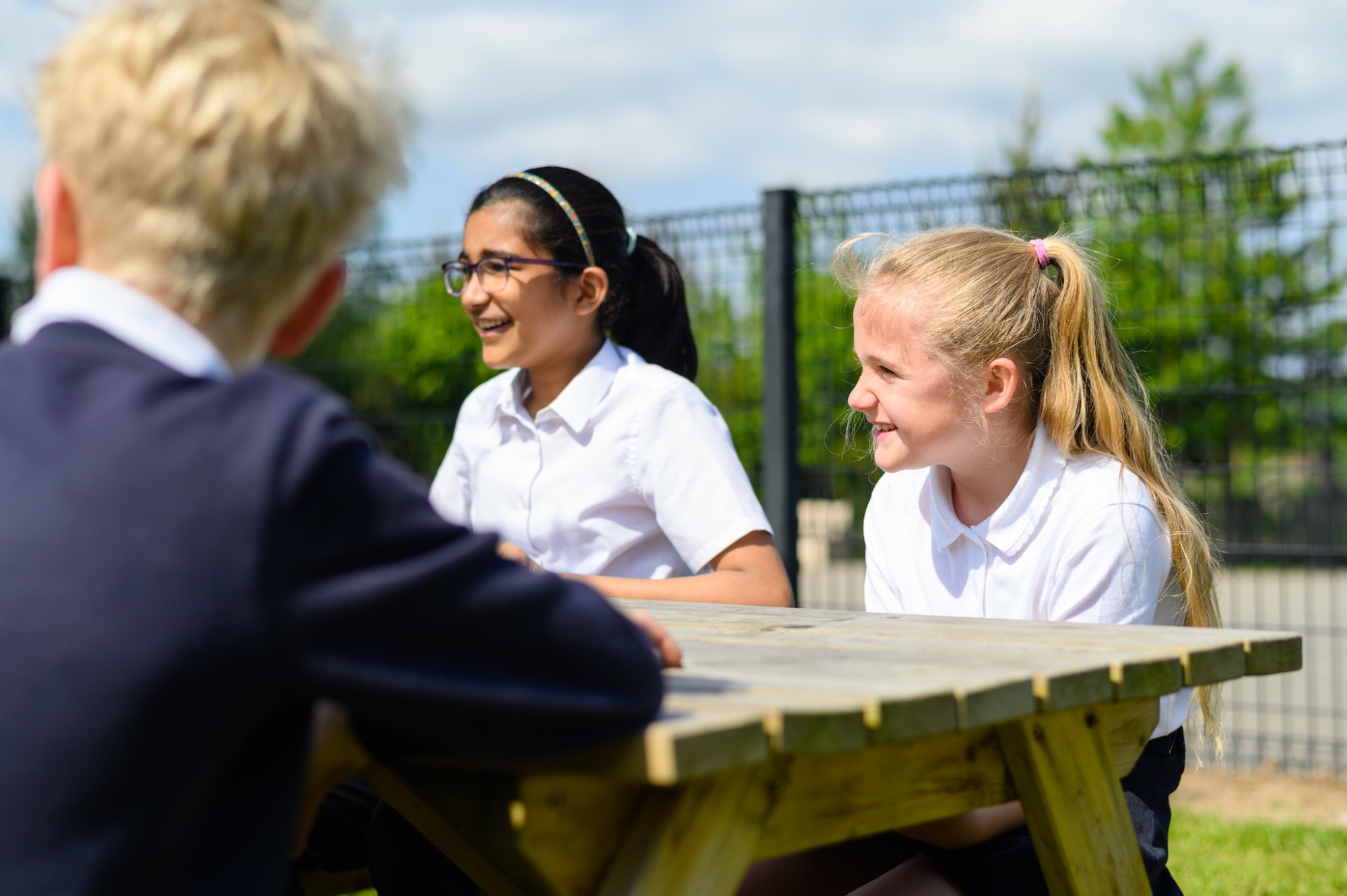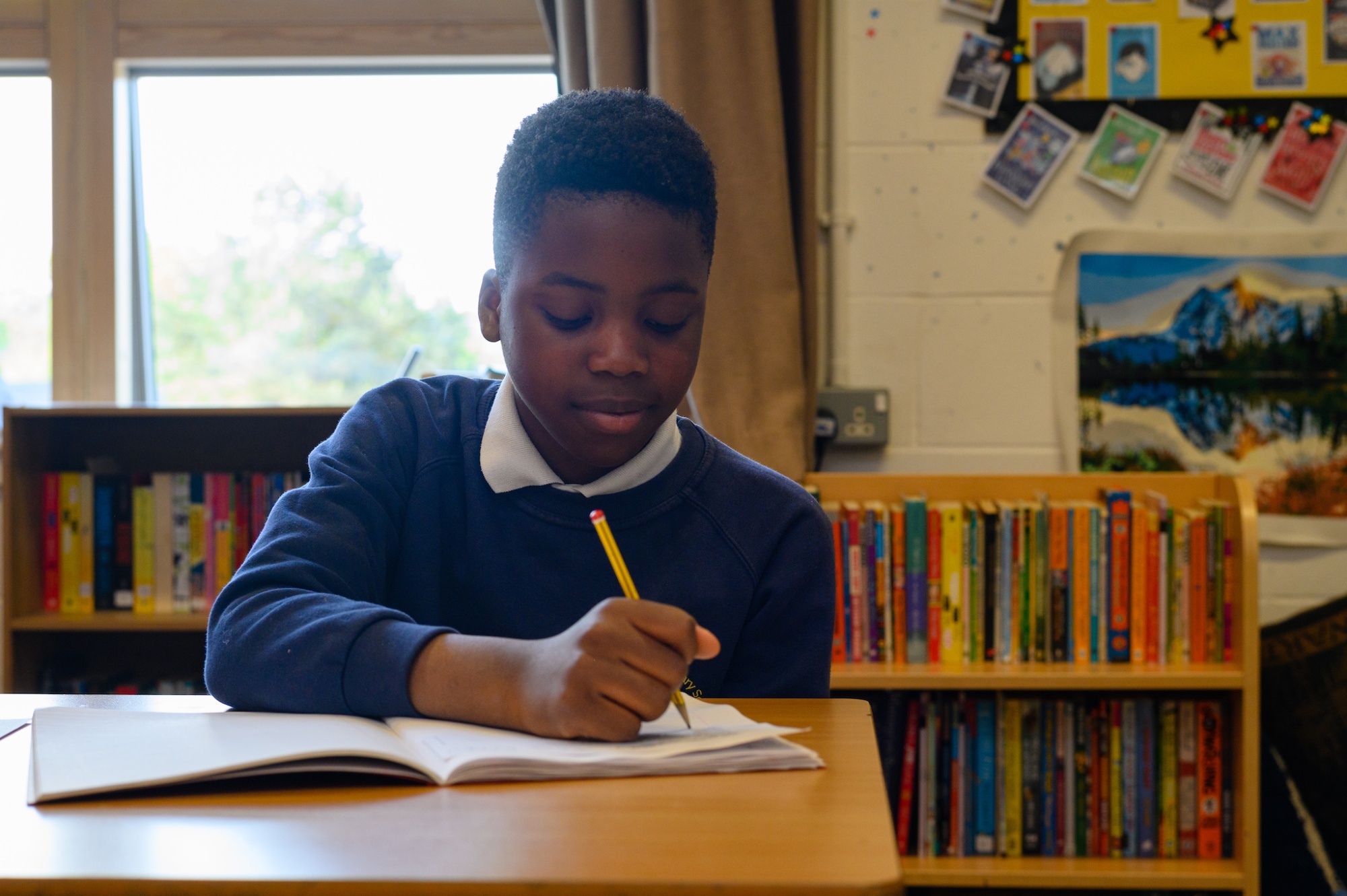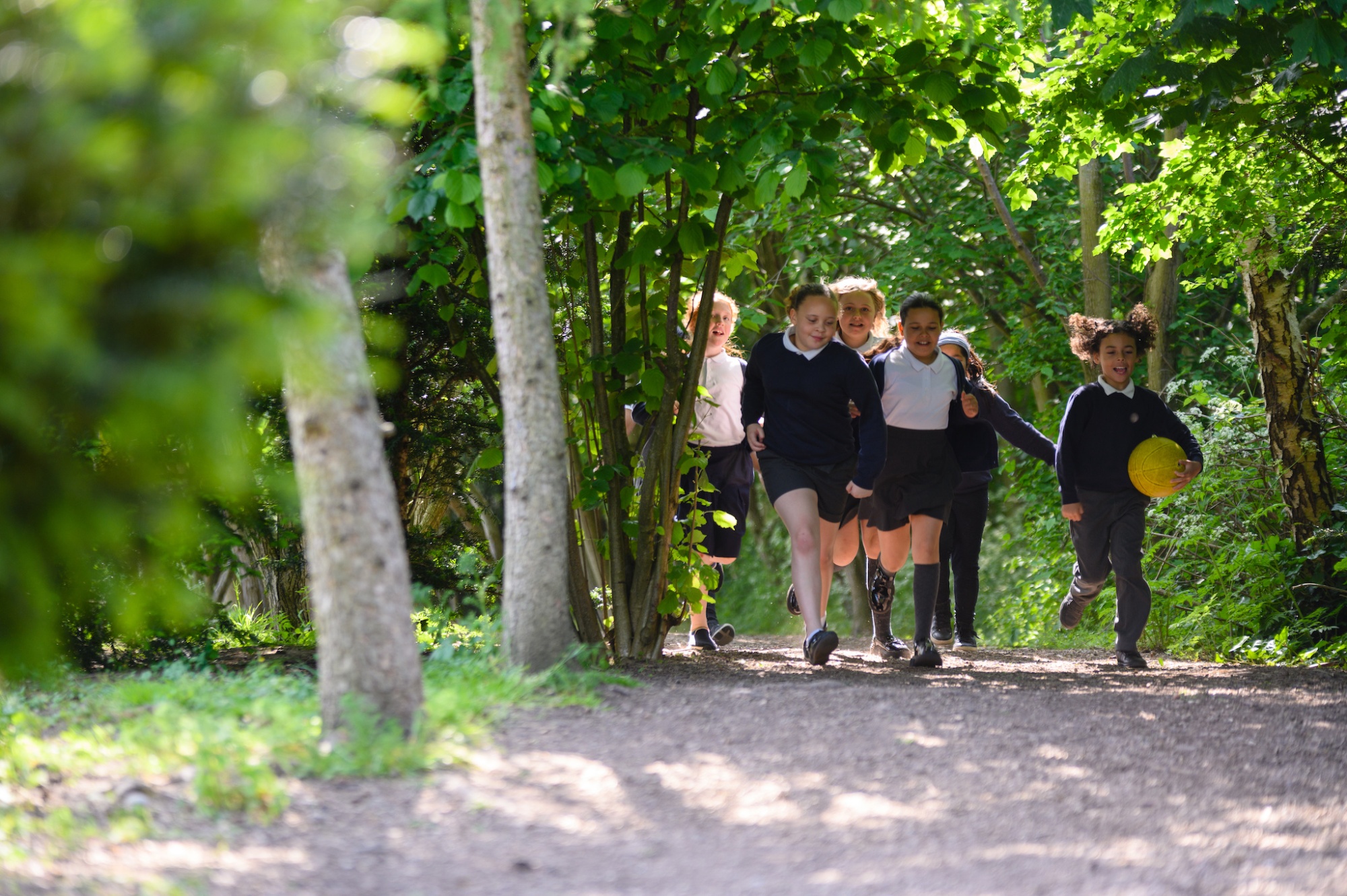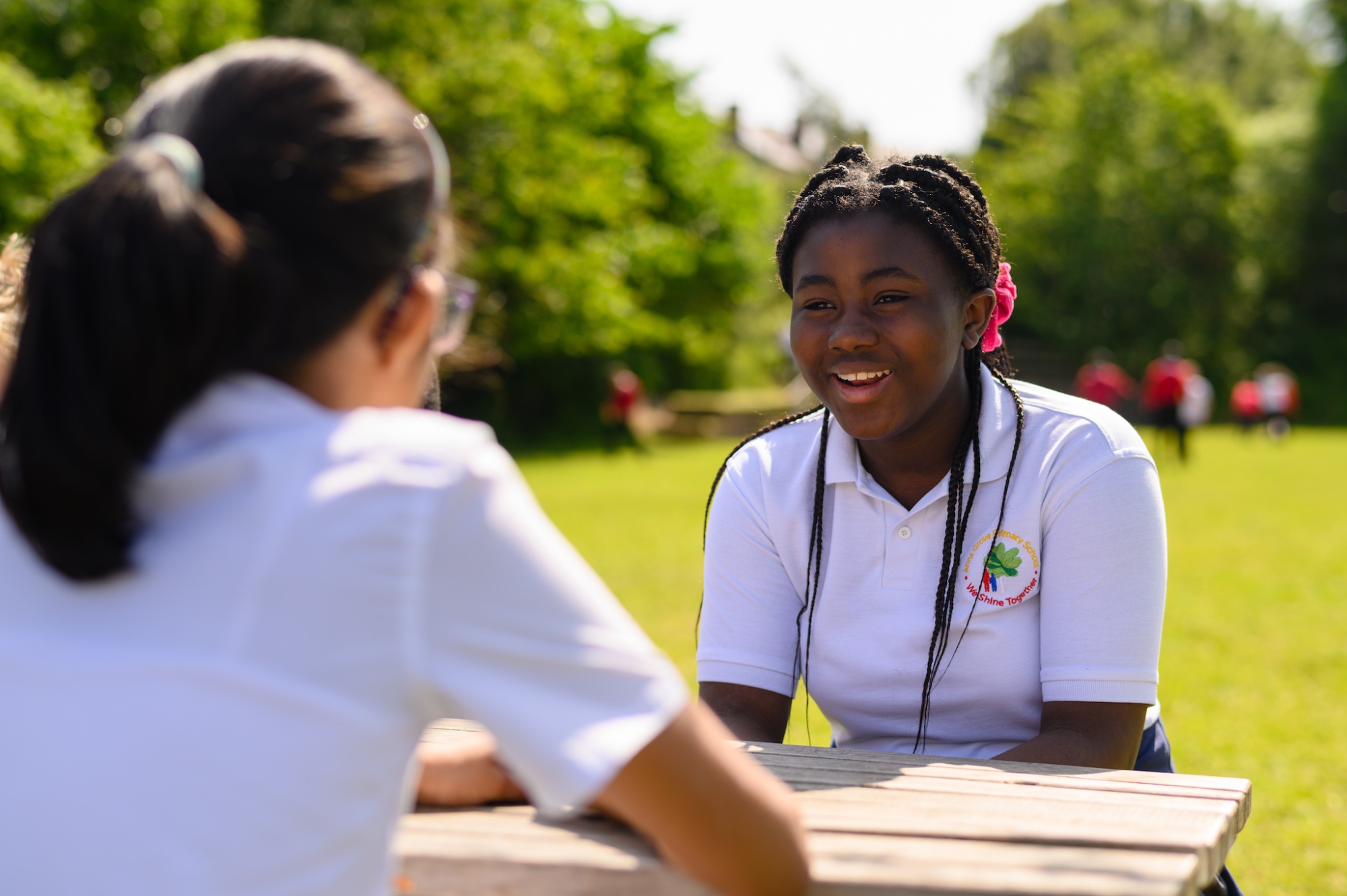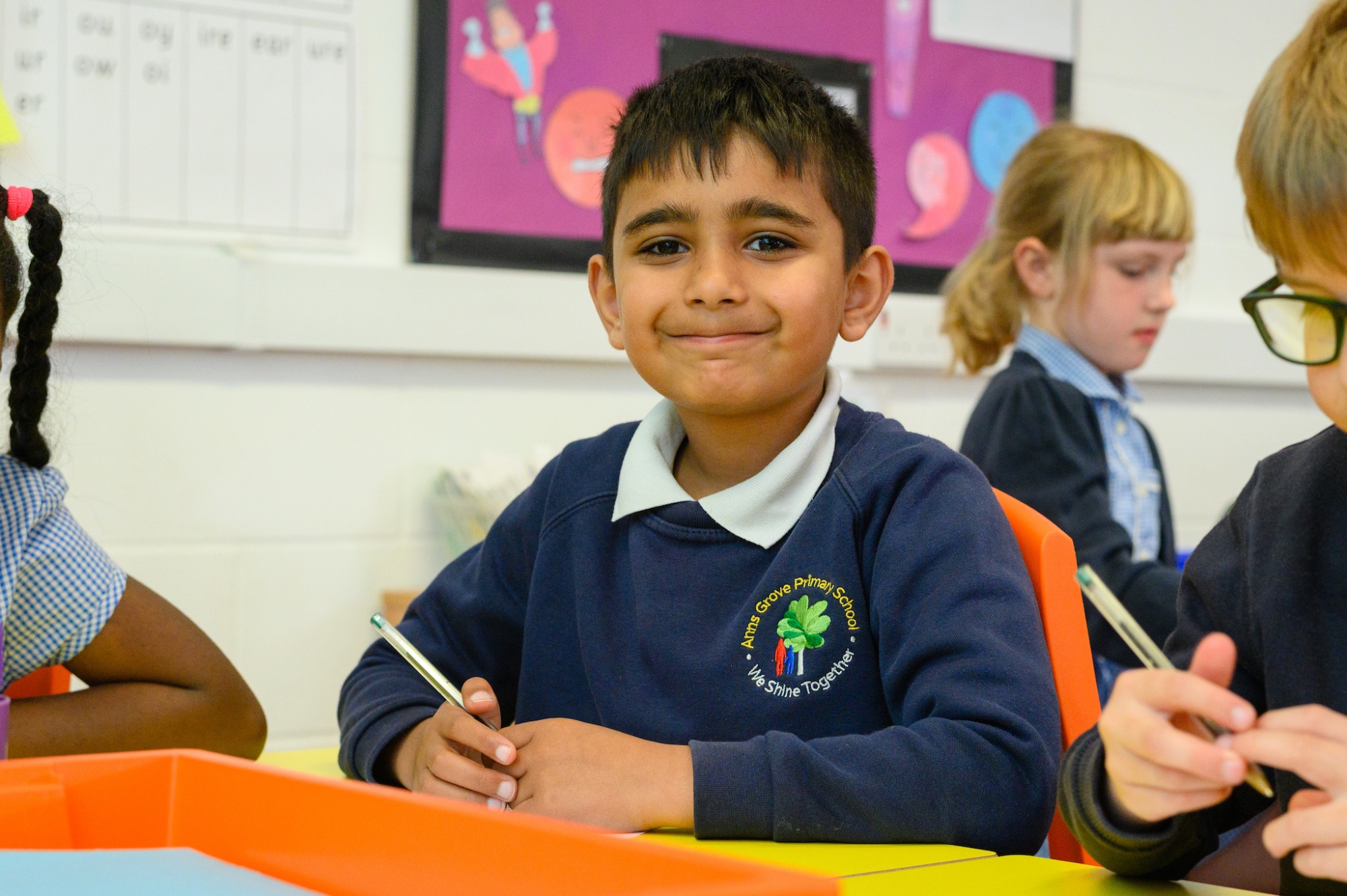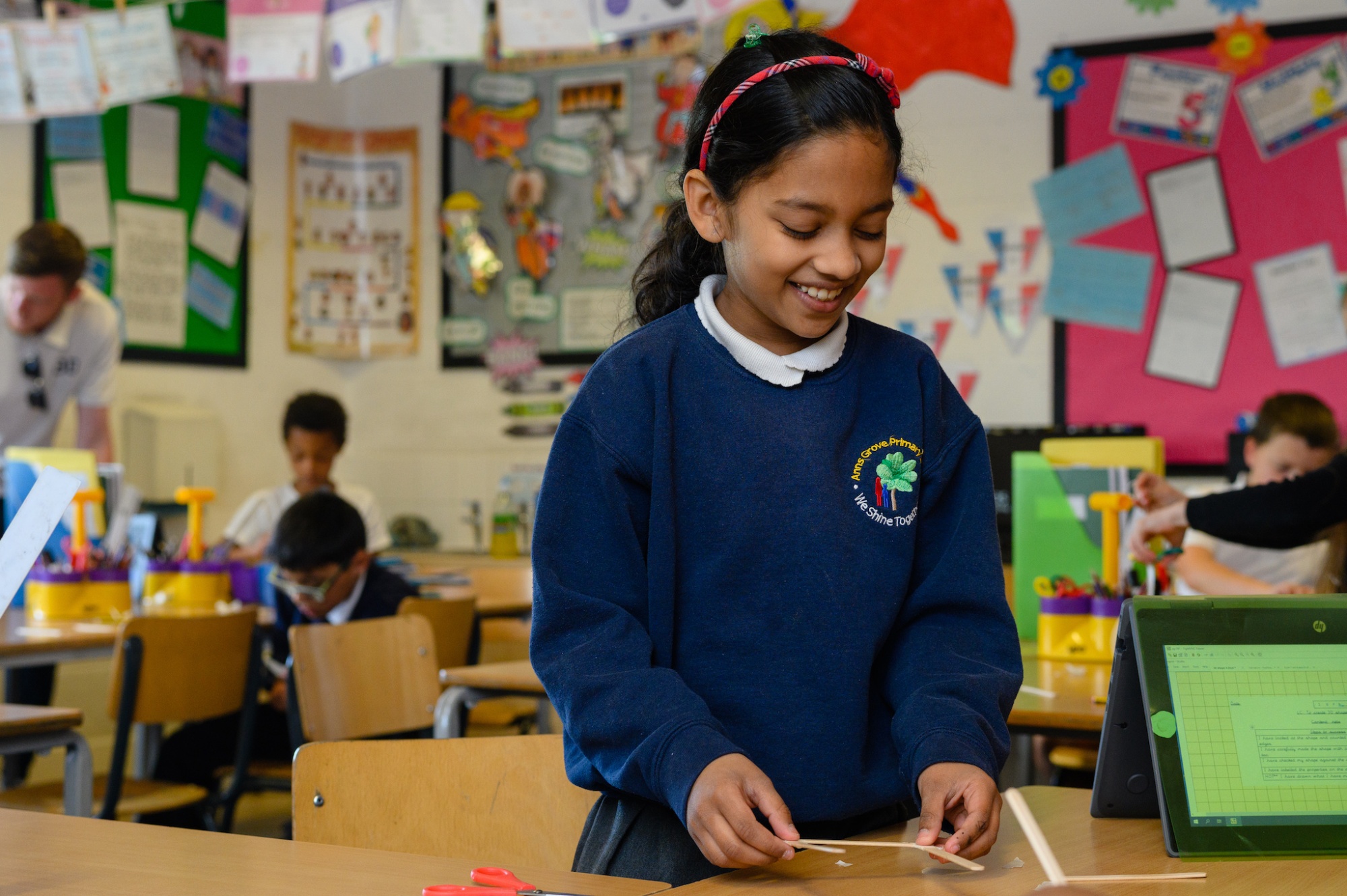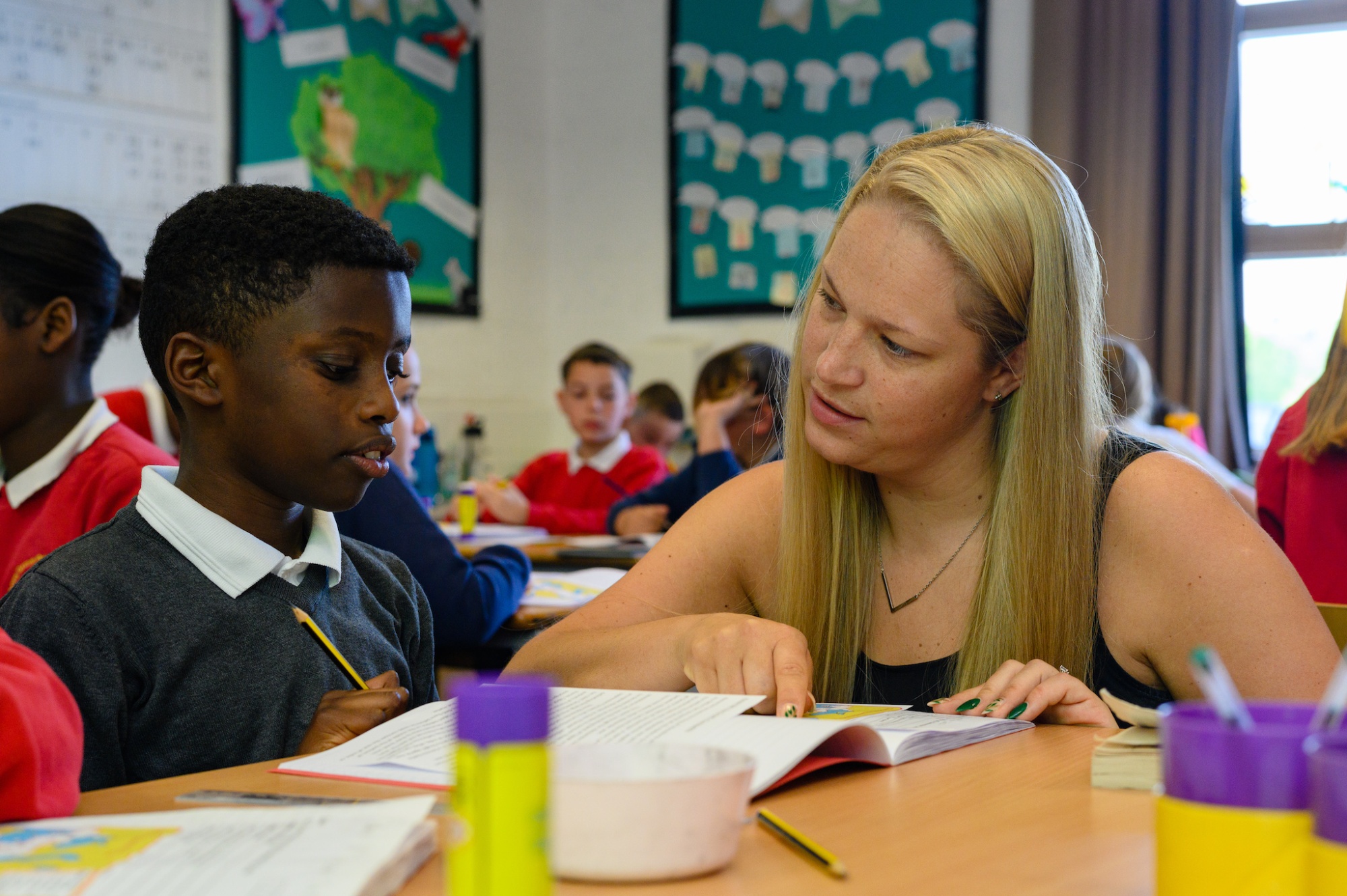English
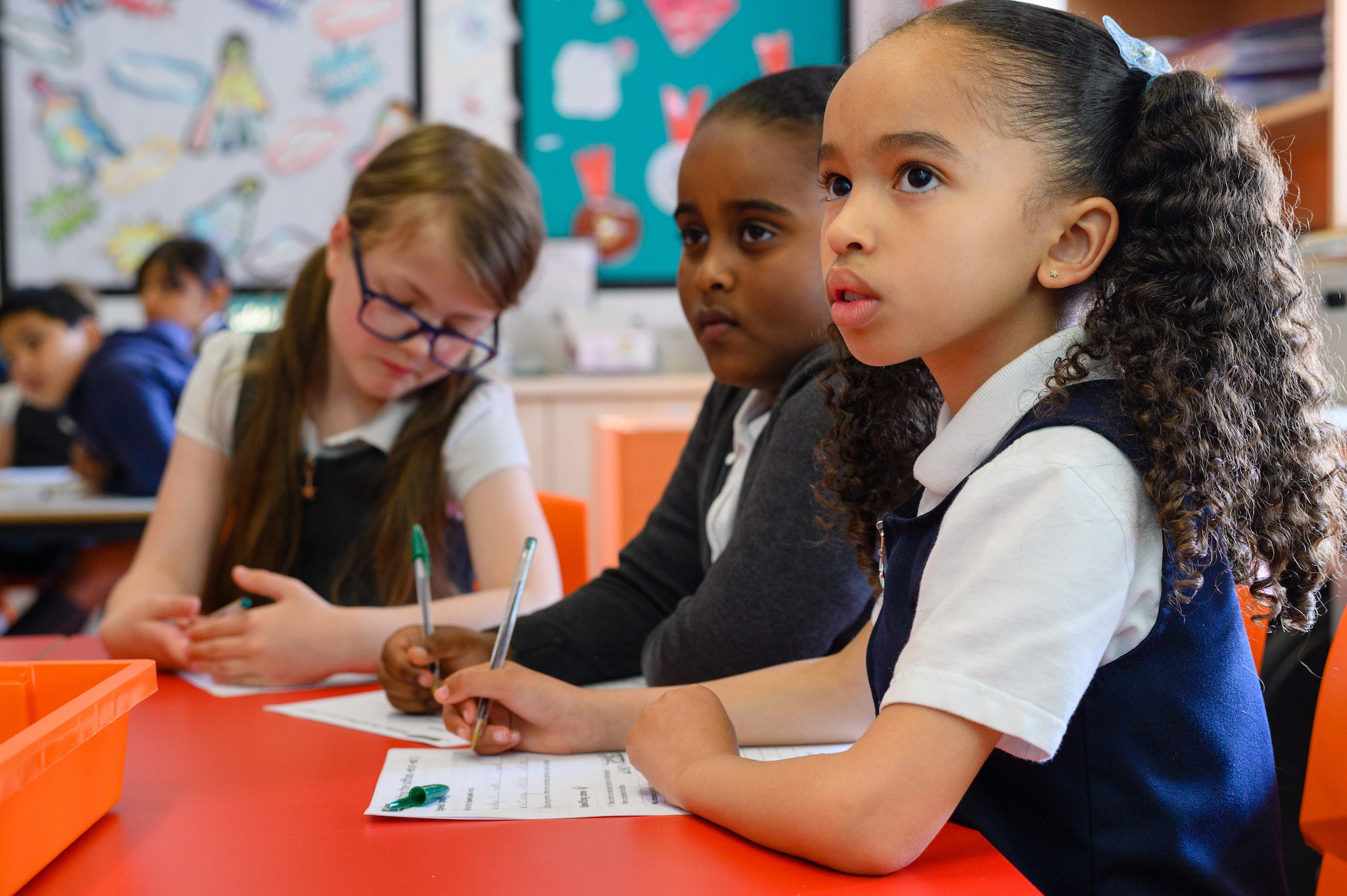
English Strategic Intent
To develop a curriculum which achieves the following:
- Instils a love of English.
- Teaches children to be able to read with fluency by the end of Key Stage 1 in order to access a broad curriculum.
- Immerses children in knowledge to apply in their writing.
- Cumulatively sequences the progression of knowledge and skills to enable children to build on prior learning.
- Enables children to produce purposeful outcomes that they are proud of through challenging children at all levels.
- Allows children to be creative with their writing.
- Develops knowledge and use of a breadth of vocabulary.
- Exposes children to high quality texts to develop knowledge in a range of areas.
Across the key stages, we continuously work to develop the essential literacy skills of speaking and listening, phonics and spelling, grammar, reading and writing. We aim to encourage a life-long appreciation of both the spoken and written word in our children as a means to communicate their thoughts, facts and feelings. At Anns Grove, we promote reading for pleasure and aim to instil a lasting love of books in our pupils.
Writing Intent Statement
The writing curriculum at Anns Grove Primary School is carefully sequenced to ensure that skills are revisited over time and that children have the opportunity to write in different contexts and for different purposes.
Anns Grove pupils are encouraged to enjoy their writing and teachers plan with engagement and progress as key objectives. We encourage children to take pride in their work and celebrate excellent examples of this.
A stimulating and carefully selected progression of topics, linked to the wider curriculum, ensures that children have the opportunity to transfer and build upon on writing skills over time.
Oracy strategies are used in every lesson which means pupils are encouraged to ‘talk before they write’ and rehearse ideas orally first. Children compose a range of text types that allow them to assume different societal roles and write about relevant, topical interests.
Through ‘Magic Mondays’ pupils revisit previously taught skills in order to recap errors or misconceptions from the previous week.
The writing curriculum is planned so that children are:
- Proud – have a love for writing; can write for different purposes; have exceptional presentation.
- Skilled – have a good knowledge of grammar and can apply this to their writing; use ambitious vocabulary correctly.
- Confident – have knowledge secure in their long-term memory and can apply this in a variety of contexts.
- Imaginative – be influenced and inspired by what they have read and learnt and apply this in their writing.
Implementation
Writing Content and Sequence
- The National Curriculum forms the basis of teaching and learning and dictates the curriculum content for writing at Anns Grove Primary School.
- Learning is progressive. Each level of challenge builds on prior learning and extends thinking. In each planned unit, children learn components which then form a composite outcome. Lessons are designed to give children the opportunity to acquire/refine and practice/apply their learning.
Writing Teaching and Learning, Assessment and Feedback
- Each lesson is part of a journey or unit of work. Children understand that lessons are cumulative and there is a clear sequence in place in order for children to be aware of how they are progressing through the journey in order to produce their very best outcome.
- Formative assessment is used constantly in order to determine children’s starting points, to address misconceptions and to challenge children appropriately each lesson.
- Knowledge is imparted to the children in order for them to develop their understanding. Children are then given the opportunity to acquire/refine or practise/apply their skills.
- Children’s starting points each lesson are decided upon based upon prior learning and teacher assessment.
- Scaffolding is in place for children to enable them to access the tools they need each lesson through teacher or teaching assistant support, learning walls and spelling, vocabulary and skills mats. When children have gaps in their knowledge, tailored additional provision is planned for.
- Children are given the opportunity to think through and write their ideas down before learning new skills. This reduces cognitive overload when children compose texts.
- Children’s writing outcomes are also used for formative and summative assessment. Next steps for individuals or the whole class are identified, and planning is amended in response to this.
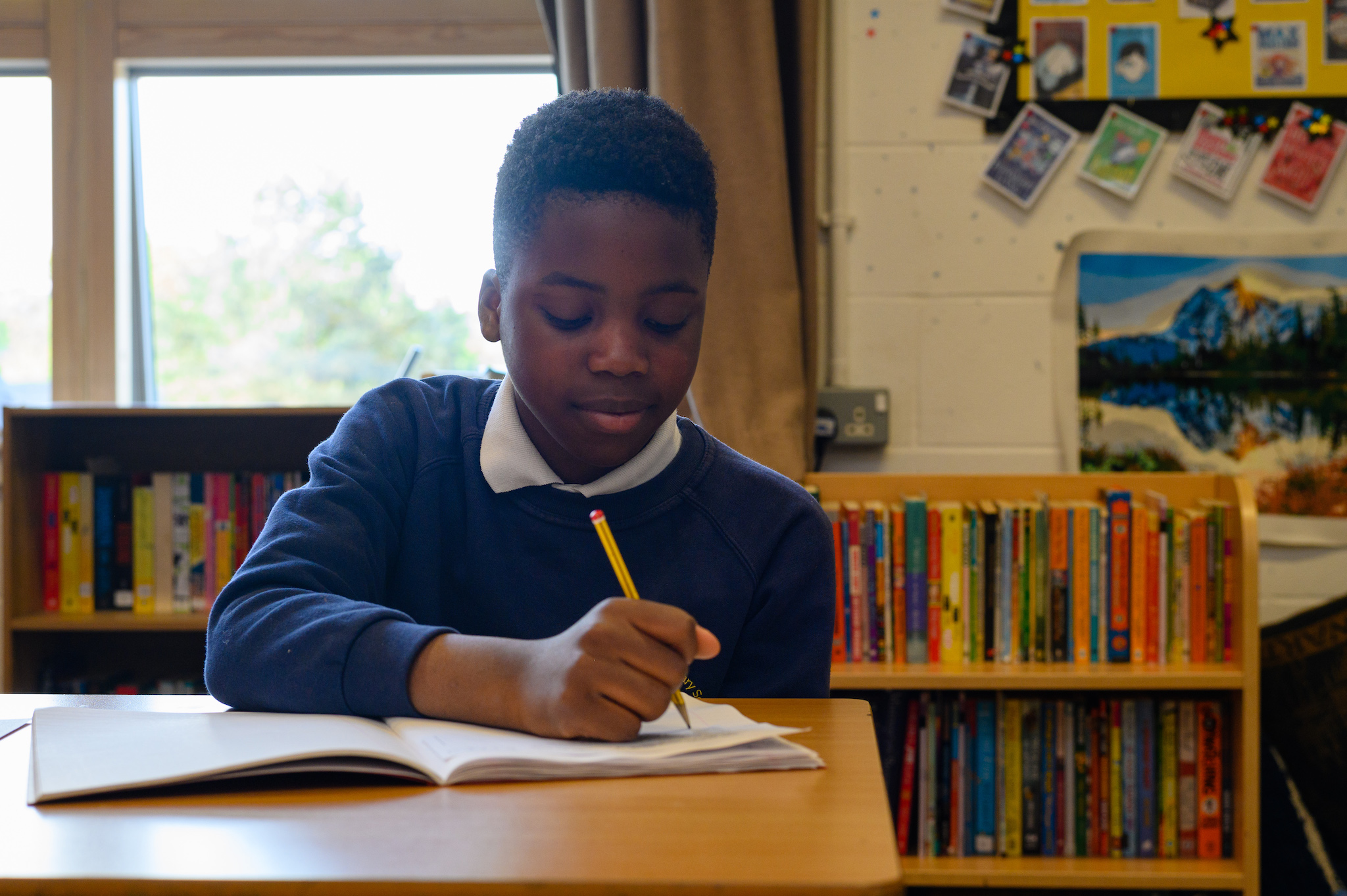
Reading Intent Statement
Our commitment is that every child at Anns Grove will learn to read confidently, fluently and for enjoyment. In order to fulfil this commitment, we ensure that all teachers are given training and regular professional development to enable them to be expert teachers of reading.
We ensure that from the earliest opportunity, we expose our children to a rich array of stories, songs and rhymes and that throughout their time in our school, the curriculum is language rich and reading is a pleasurable and rewarding experience for all.
We want:
- Curious readers who read widely and can speak with confidence about books they enjoy.
- Skilled readers who use reading skills to underpin their understanding of all aspects of the curriculum.
- Imaginative readers who use books to inspire understanding and progression of the world they live in.
- Interested and imaginative readers who use and apply knowledge secured in their long-term memory.
Implementation- Read Write Inc.
Phonics is taught daily at Anns Grove through a specific programme. We are a Ruth Miskin trained school. Read Write Inc. Phonics is a complete literacy programme, for 4 to 7-year olds learning to read and write and for 7 and 8 year-olds needing to catch up quickly.
We believe that all children should begin to acquire the knowledge of synthetic phonics as soon as it is appropriate for their stage of development. As a school, we commit to one systematic synthetics phonics program; Read Write Inc. Daily delivery, along with identified individual support, ensures each child progresses through the program and succeeds in learning to read and thus being able to read to learn.
All children who are working on the Read Write Inc. phonics program will bring home a Read Write Inc. storybook to read at home. This will match their current phonological awareness enabling them to consolidate and practice their reading skills at home. All staff receive regular training to ensure delivery of the program is highly effective. Children will also bring a book of their choice home for their parents to read with them.
Programme Summary in Foundation Stage and KS1
In Nursery all children:
Learn the first 30 sounds in short daily sessions.
In Reception/Foundation Stage all children:
- Read storybooks and non-fiction books closely matched to their developing phonic knowledge.
- Take home Phonics storybooks to share.
- Read with fluency and expression.
- Learn to spell using known sounds.
- Write confidently by practising what they want to write out loud first.
- Work well with a partner.
- By the end of Key Stage 1 we aim for all children to be accurate and speedy readers.
Children are encouraged to read regularly at home through the use of reading records. All children are able to borrow books from their classroom libraries to read and enjoy at home whilst children and parents are regularly encouraged to recommend books to one another. We aim for pupils to have completed the Read. Write. Inc programme in Y2 and be ready to move onto our KS2 Reciprocal Reading programme.
Click on the link to see our RWI sounds mat.
Here is further information about Read,Write,Inc
Click here to read Read Write Inc FAQs for parents
Implementation- Reciprocal Reading in KS2
We teach the children several skills during reciprocal reading sessions, such as retrieving information from the text, clarifying the meaning of new words and inferring how characters may feel, as set out in the National Curriculum and sequenced in our own curriculum. Reciprocal Reading involves reading a wide range of text extracts or novels and exploring them in-depth through fast paced teaching and learning techniques. To develop children’s fluency, our reading structure includes vast opportunity to annotate texts and understand the meaning of words, as well as reading aloud through echo and choral reading.
Because we teach reciprocal reading every day, children at Anns Grove are immersed in exciting and engaging texts which develop their passion for reading. All children have a reading book closely matched to their reading ability. They are also able to choose from a wide selection of books from our school library and in classrooms.
Children are regularly assessed in reading and supported in small groups and with one-to-one tutoring to help them achieve age related expectations.
Implementation- Reading Across the Curriculum
Comprehension skills develop through pupils’ experience of high-quality discussion with the teacher, as well as from reading and discussing a range of stories, poems and non-fiction. All pupils must be encouraged to read widely across both fiction and non-fiction to develop their knowledge of themselves and the world they live in, to establish an appreciation and love of reading, and to gain knowledge across the curriculum.
Through well-chosen and vocabulary rich texts, including fiction, non-fiction and poetry, children have the opportunities to widen their understanding of the world they live in and the morals they need in order to thrive. Children are encouraged to read widely to establish an appreciation and love of reading, and to gain knowledge across the curriculum.
More information on the National Curriculum can be found here.

